Joseph Lillington
2018-2021
Sponsor: EPSRC
Predicting radioactive waste glass properties with machine learning and modelling
My PhD has aimed to predict radioactive waste glass properties, for example, dissolution rates, using primarily unstructured data, with machine learning. To independently test the trained algorithms, I also did some dissolution experiments to generate additional data. As an additional piece of work, I also analysed the effect of glass dissolution within a set of geological disposal facility radionuclide migration models.
Achievements
I have published three papers during my PhD. Two of these were on predicting glass dissolution using machine learning, and the final paper analysed the effect of glass dissolution in a set of geological disposal radionuclide migration models. I undertook research training in France during my first year. I have also presented/attended conferences in France, Switzerland, Japan, and virtually due to Covid restrictions.
Highlights
I particularly enjoyed going to international conferences during my PhD, including to France, Switzerland and Japan. I also undertook some really high-quality research training in the South of France.
Since graduation
I have now submitted my PhD thesis, and I am working in the National Health Service as a data scientist.

